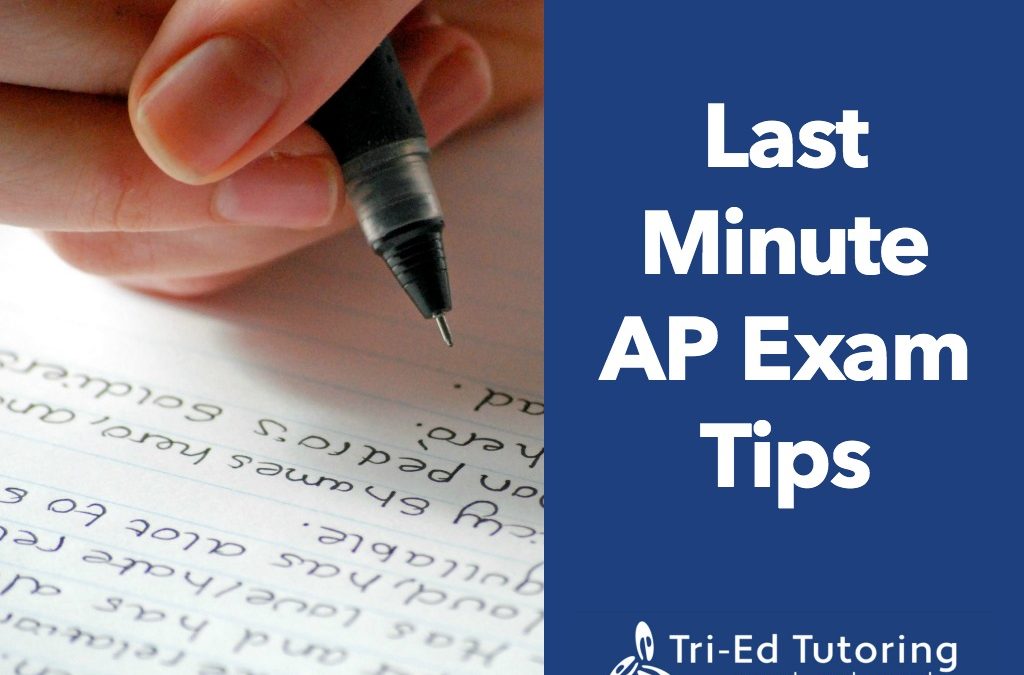Students are taking their AP and IB exams over the next two weeks. In order to be eligible for college credit, students typically need to score a 3 or higher on the AP exam, which is scaled out of 5, and a 4 or higher for their IB exam, which is scaled out of 7.
Here are some last minute tips to ensure you improve your chances at getting the score you want.
Know Your Rubric
Your rubric will make or break you. If you want a good score, you need to know what is required to get a good score.
Know exactly what is expected of you come test day. Examine your rubric. Here is an example of the AP US History rubric. You can find all of the rubrics and details on the grading of the free response sections on the AP Student section of the College Board website.
Some students don’t realize that some AP and IB exams:
- Require a certain number of source
- Penalize for restating the prompt in the essay
- Require an introduction and/or conclusion
Your Introduction and Conclusion Matters
The essay grader will size your essay up early. Your introduction is your first impression. It sets the tone. Make your introduction count. Set aside time for your introduction. Edit your introduction more than any other paragraph. Also, make sure you have a conclusion that compliments your introduction. Your conclusion should summarize what you were able to accomplish in the essay.
Create a clear, definitive thesis statement or central claim
If you don’t have a central claim or thesis, your essay will lose points. Do not restate the question or prompt. Evaluate the question. Decide how it applies to your arguments. Reformulate it in your own words with your own arguments.
Do not stray from your thesis or central claim in your essay. Before starting a new paragraph, reread your thesis or central claim and ask, how does this relate? How will it serve to prove the thesis or central claim?
Don’t Summarize
Do not resort to restating or summarizing facts or arguments. Do not rely on quotes or pieces of evidence to make your point. Explain why every single argument or point you present is significant.
If you are examining literature, ask yourself the following questions:
- Why is the author’s point of view or use of a technique significant to the reader?
- How does the author’s point of view or technique move the narrative or characters forward?
- What is the impact on the audience?
What would change if the author did not make this choice or make these choices?
If you are examining history, ask yourself the following questions:
- Why is this moment in time significant?
- What is the impact of this event on the people at the time?
- What is the impact of this event on history overall?
- If this historical event did not happen, how would the course of history change?
Incorporate your answers into your essay.
Edit
Leave time to edit. It is better to have a well written paper that is largely free of grammatical mistakes than a longer paper.
Read your essay to yourself in your head. Ask yourself:
- Did I present my thesis clearly?
- Is this easy to read?
- Did I make an impression with my central claim or thesis?
- Do I have an introduction? Is it clear?
- Did I actually accomplish what I said I was going to accomplish in the introduction?
- Do I have a conclusion? Is it clear?
- Can I prove that I made the arguments I presented in the conclusion in my essay?
- Am I using the right vocabulary or am I just showing off?
- Have I checked for errors (verb tense, punctuation, etc.)?
Good luck and don’t forget to treat yourself after you’re done!

